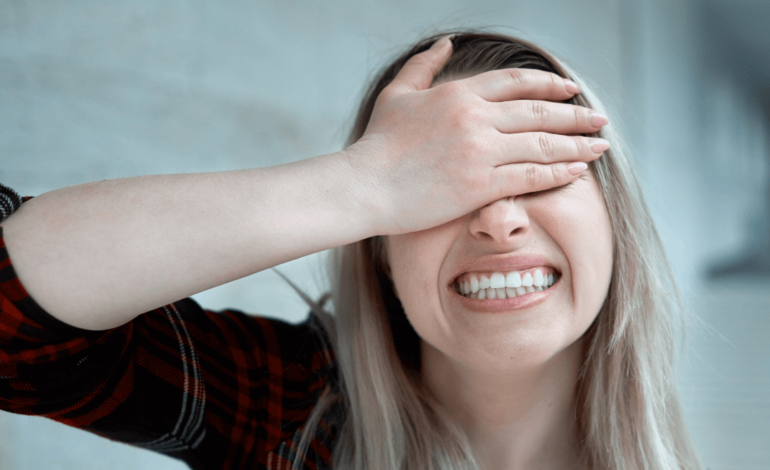“Get your beauty sleep” is an understatement, and we all need sleep to survive. Studies show that teenagers and all adults should get, on average, 7-9 hours of uninterrupted sleep each night. However, the reality is drastically different. The average American adult sleeps six hours each night with hopes of stacking sleep on the weekends, a very unhealthy habit. Unfortunately, we live in a busy society where we are constantly turned “on”. As a result, we have difficulty falling asleep or staying asleep. Many of us fall asleep with our phones or to the sound of the television, two unhealthy sleep habits that can prevent us from feeling rested and energized the next day.
The reality is that we have created a society focused on poor sleep habits, long workdays, and limited vacation, so, therefore, we are exhausted continuously. Still, we cannot fall asleep because we are simultaneously too busy. As a result, we sometimes turn to sleep-aids to help us get a little more “shut-eye.”
March is dedicated to Sleep Awareness Week and World Sleep Day to educate individuals about good sleep hygiene while also shedding light on the potential dangers of pharmaceutical sleep aids.
What are sleeping pills?
Sleeping pills, which can be over the counter or prescription, fall into a category of drugs formally known as “sedative hypnotics.” These sleep medications work by slowing down the activity of the brain to induce sleep. There are two types of sleep: REM, when people dream, and non-REM, which has a light, medium, and deep portions. Sleeping pills mainly increase the amount of medium-depth non-REM sleep.
Examples of sleep aides
Many people experience better sleep while taking sleep aids, but there is also a large proportion of individuals who wake up feeling groggy, confused, anxious, and hung-over. Sleep aids can be restorative for the right person, but they can also come with addiction potential. There are multiple classes of “sedative-hypnotics” which include the following:
- Benzodiazepines and barbiturates: alprazolam (Xanax), diazepam (Valium), lorazepam (Ativan), and quazepam (Doral).
- “Z-drugs”: Zolpidem (Ambien), zaleplon (Sonata), and eszopiclone (Lunesta).
- Over the counter sleep aids: diphenhydramine (Benadryl) and acetaminophen/diphenhydramine (Tylenol PM)
The brain on sleep aides
Sleep aids should only be taken for a short time to alleviate temporary insomnia. Individuals may take them for a long flight or drive or may need them for a few days to help them get their sleep schedule back on track. When sleep medications are used longer than necessary (more than a few days), they can become very addictive. Over time, the brain and body build up a tolerance to sleep aids, and as a result, the individual will need a higher dose to produce the same effects. Individuals can become physically addicted to sleeping aids, a term is known as physical dependence. This happens when individuals stop taking sleep medications and experience rebound insomnia, a sign of sleep medication withdrawal. Rebound insomnia occurs when the body becomes addicted to sleeping aids and cannot fall asleep without them. As a result, many individuals will continue to take sleep medications, and this vicious cycle repeats itself.
Side effects of sleep medications
You may have heard of individuals who walk around the block, drive their car or shop online while sleeping and have no recollection of these actions when they awake. Sleep aids often induce parasomnias such as sleepwalking and can potentially be very dangerous. The following are additional side effects associated with sleep aid dependence:
- Dizziness
- Dreamless sleep
- Anxiety
- Hallucinations
- Lack of coordination
- Poor memory
- Lightheadedness
Treatment for sleeping pill addiction
Individuals who have an addiction to sleeping pills may also have an underlying co-occurring disorder such as depression or anxiety, which is contributing to their insomnia. Seeking professional addiction treatment can help individuals overcome their addiction and assist individuals in treating their underlying sleep disorder and any mental health disorders that contribute to their sleep disturbance. Depending on the specific sleeping pill of abuse, medications can be administered to prevent dangerous physical withdrawals and ease cravings. Psychotherapy is also included in the treatment regimen to teach healthy coping mechanisms and relapse prevention skills.




